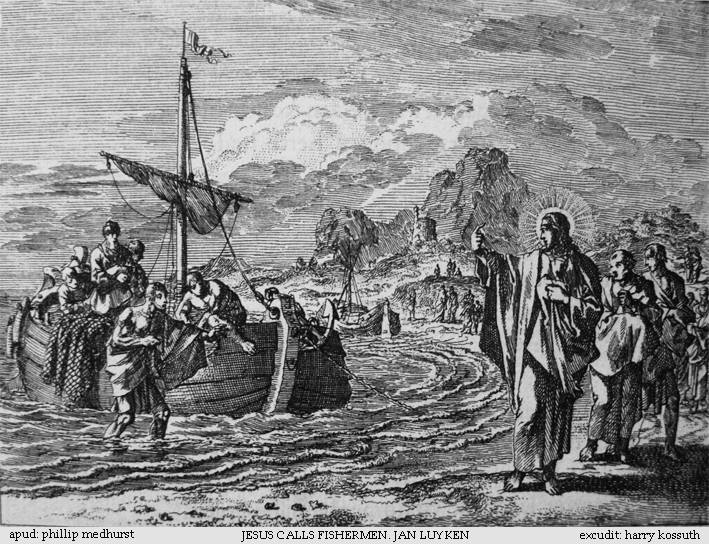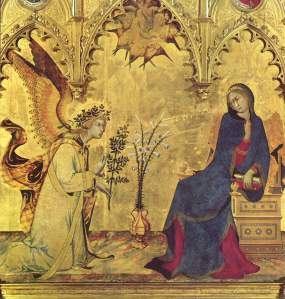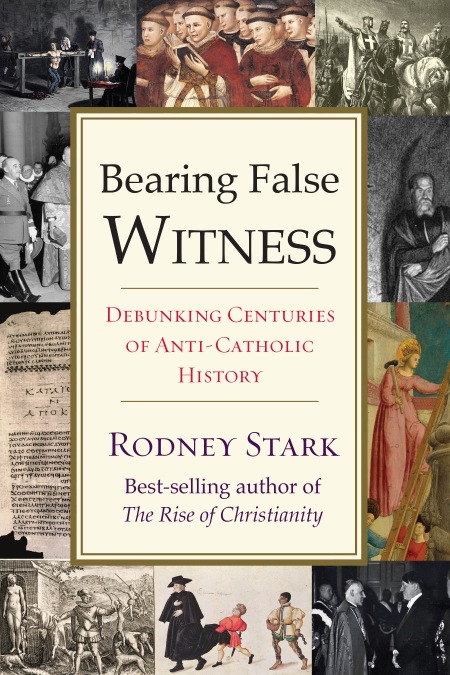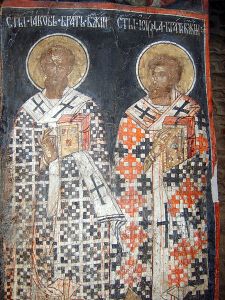Louis and Zélie, The Holy Parents of Saint Thérèse, by GinaMarie Tennant
This review was originally published in Faith Magazine, January / February 2022
‘How can I ever express the happiness of the marriage that is joined together by the Church, strengthened by an offering, sealed by a blessing, announced by angels and ratified by the Father?… How wonderful the bond between two believers, with a single hope, a single desire, a single observance, a single service!’[1]
Tertullian may have struggled to articulate the real and gritty, holy joy of sacramental marriage but his words came to my mind after reading Louis and Zélie. Through her excellent exploration of the lives of Louis and Zélie Martin, canonised together in 2015, author GinaMarie Tennant shows the reader exactly what Tertullian meant.
Louis and Zélie is an uplifting and encouraging reflection of what the marriage covenant truly is: an image of Trinitarian love. The book could serve as a springboard to a discussion on the vocation of marriage; the joys and challenges that it invariably brings and the buckets of virtue necessary for parenting. It is said that holiness is a family project and nowhere is that illustrated more clearly than in the Martin family (though Tennant never falls into the trap of defining Louis and Zélie as ‘merely’ saint-makers). The sacrificial nature of true love shines from every page but especially evident through watchmaker Louis, who recognises that it is Zélie’s lacemaking business that is booming and so gives up his own business to support hers. Both are constantly and generously giving – to each other, friends and strangers – and I am in no doubt that this is a fruit of the couple’s deep Eucharistic spirituality, though this link is not explicitly made.
Tennant portrays Louis and Zélie from early childhood in a style congruent with her brief to write for children aged 9-15 and with a determination to show – rather than tell – their story. This ‘show, don’t tell’ device is both the worst and best feature of the book. At its worst, it is clunky, as when Tennant has the seven-year-old Louis ponder a rather convoluted thought in order that the reader know his father’s occupation. At its best, the reader learns with ease not only the biographical facts of these lives but a good deal about the vocation of marriage. Tennant chronicles the nine births and four deaths of the Martin children without shying away from the question of why God allows suffering, which she explores through the voice of Louis in conversation with his older children, Marie and Pauline. 9–15-year-olds may well acquire a good understanding of marriage and the importance of the primacy of God in all things without even realising that they are being ‘taught’. In fact, I did wonder whether Tennant wrote with the words of Louis and Zélie’s most famous daughter ringing in her ears: ‘When I read some spiritual treatises which show perfection as difficult to attain and liable to many illusions, my poor little spirit tires very quickly; I shut the learned book which is giving me a headache…’ There were certainly no headaches for me in reading Tennant’s vignettes – many of which are delightful and not a few are exciting – but I did find myself wondering wherein lay the boundary between history and the author’s imagination? In Tennant’s defence, I must add that I do struggle this way with historical fiction and will often research the topic to find that invisible boundary. Consequently, I rooted around and read enough of the Martins’ correspondence to satisfy myself that Tennant passed the test: the impression I had gained from Tennant’s book did indeed match that which I found in those primary sources.
But here’s the rub: will any 9–15-year-old read this book? I asked my 12-year-old daughter (a voracious reader) if she would be kind enough to read at least the first chapter (18 of 264 pages). She obliged but was tempted no further because ‘seven-year-olds just don’t talk like that’. She has a point: I found Tennant’s prose style reminiscent of Enid Blyton and I reminded my daughter that she used to enjoy The Famous Five. ‘That was years ago,’ she countered, adding that Blyton’s action-filled plots enable the reader to forgive 1950s style, whereas the cover of Louis and Zélie… well, shall we say she wouldn’t be tempted to pick it up in a book shop? And based only on the cover, neither would I. When I discovered the riches of Saint Thérèse, it was despite hagiography so saccharine that ought to carry a health warning and I’m afraid the front cover of Louis and Zélie also set my pancreas on edge. I suspect that on the far side of the Atlantic, where author and publisher are based, readers are not put off by such images but will a British audience get past the front cover? I hope so: after a less-than-exciting start, Tennant’s perceptive and sensitive approach brings to life not only these two fine saints but a rekindled resolution to live out one’s ordinary vocation with extraordinary love.
[1] Tertullian, AD UXOREM, II, VIII, 6-8: CCL, I, 393






 “Mummy, I spent this afternoon trying not to listen to the teacher.”
“Mummy, I spent this afternoon trying not to listen to the teacher.”
 Butler’s final remarks regarding Ss Peter and Paul are: ‘Impulsive, generous Peter and moody, introverted Paul make an odd pair; but their work was complementary, which is why the Church has remembered them together through the centuries.’
Butler’s final remarks regarding Ss Peter and Paul are: ‘Impulsive, generous Peter and moody, introverted Paul make an odd pair; but their work was complementary, which is why the Church has remembered them together through the centuries.’  I do love this psalm, especially that phrase, ‘knit me together in my mother’s womb’. The image of God knitting makes me think of God concentrating on making me ‘just so’; giving the incomplete me His whole attention, as He works to make me just as He intended. It reminds me that I am ‘wonderfully made’; an apt reminder on birthdays where there is no longer room on the cake for the candles!
I do love this psalm, especially that phrase, ‘knit me together in my mother’s womb’. The image of God knitting makes me think of God concentrating on making me ‘just so’; giving the incomplete me His whole attention, as He works to make me just as He intended. It reminds me that I am ‘wonderfully made’; an apt reminder on birthdays where there is no longer room on the cake for the candles!